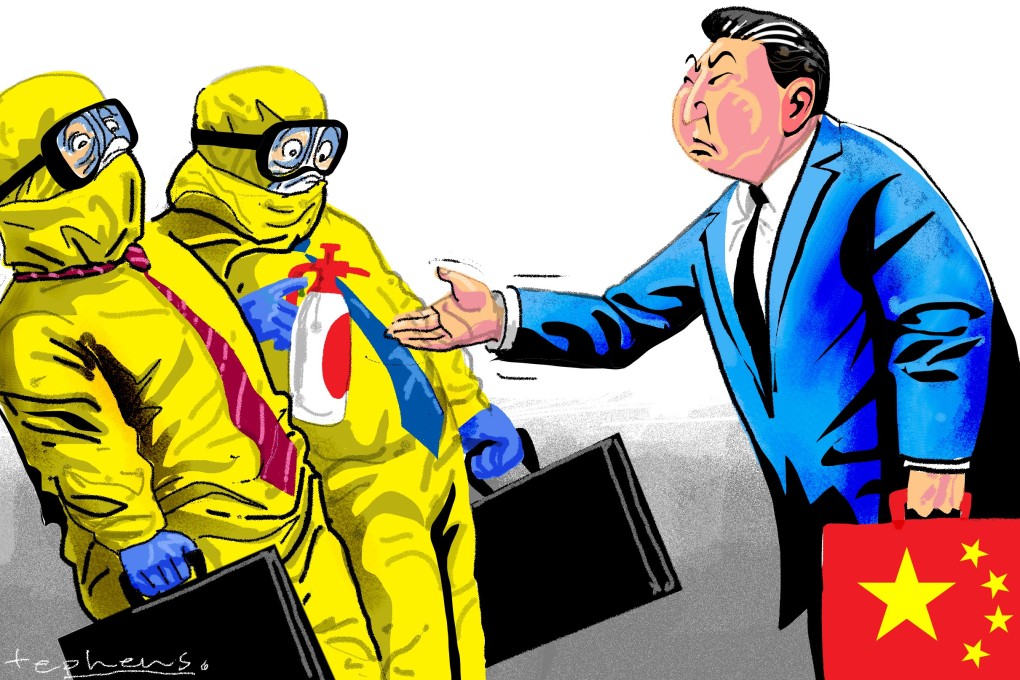Opinion | Coronavirus travel bans: shutting the door on China now will hurt goodwill and cooperation in the future
- A blanket travel ban on Chinese nationals is too radical and treats all of China as an epidemic-stricken region
- Such an attitude will only compromise cooperation with China, and turn off Chinese visitors, including overseas students unable to return to their universities in time

In response to the outbreak of the 2019 novel coronavirus (2019-nCoV), at least 62 countries have implemented immigration restrictions to help contain the infection globally. There are some striking disparities in the scope of their restrictions.
A list by the consular department of China’s foreign affairs ministry divides these restrictions into three main categories.

Category III restrictions, which have been adopted by most countries, include border health checks and health declaration requirements, and have been introduced in Britain, Germany and France, among other countries. Instead of denying entry to Chinese nationals, screening measures such as temperature tests are conducted at the border, with symptomatic individuals isolated and individually examined.
